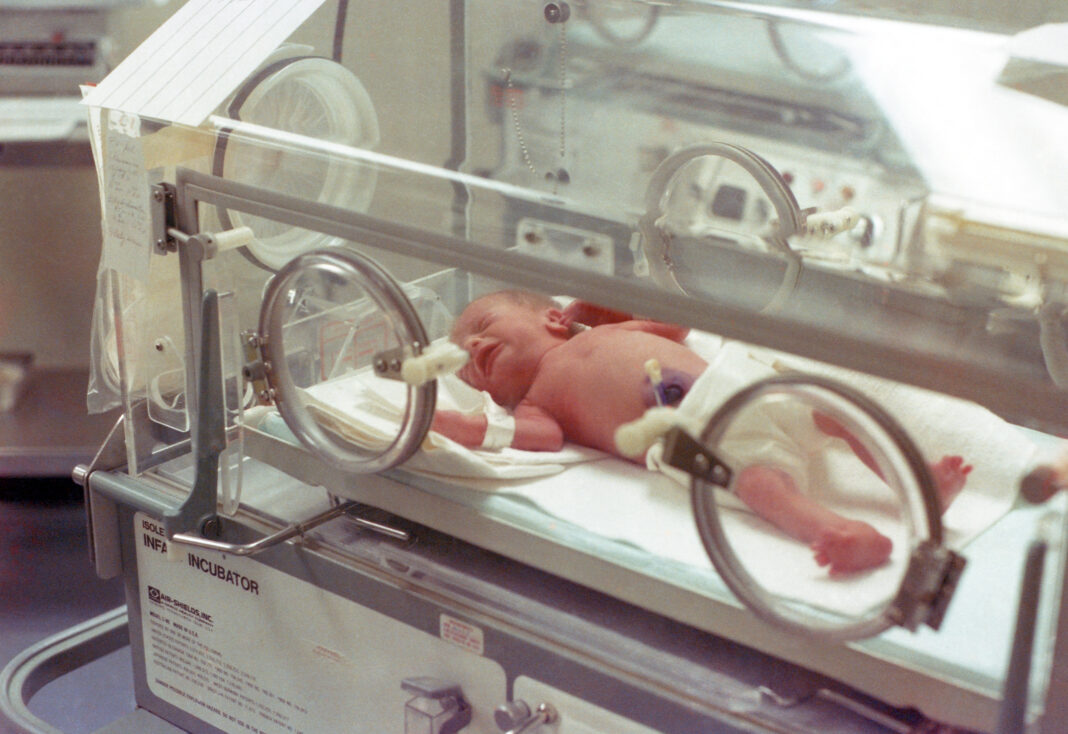The newly constructed Neonatal Intensive Care Unit (NICU) at the government-run Cama & Albless Hospital has been made completely bacteria-free, significantly reducing the risk of infections for newborns. The NICU walls are coated with a special material that prevents the growth of bacteria, mold, and other microorganisms, ensuring a safe environment for neonatal care.
State-of-the-Art Facilities
The 21-bed NICU was inaugurated shortly before the announcement of state assembly elections. Currently, half of the beds are operational, with the remaining set to become functional within a month. Dr. Tushar Palve, the superintendent of Cama Hospital, highlighted that the NICU is equipped with advanced medical devices. However, the infection-free environment is primarily due to the specialized wall plaster, which inhibits the growth and transmission of harmful microorganisms.
The NICU doors operate on motion sensors, eliminating the need for doctors and staff to touch handles, further minimizing the risk of infections.
Benefits for Newborns
The NICU is designed for infants facing various health challenges, including premature birth, respiratory distress, infections, and congenital conditions. These newborns are particularly vulnerable to infections. Dr. Palve explained that the bacteria-resistant NICU provides an additional layer of protection, which is crucial for premature and medically fragile infants.
India’s First case of HMPV reported in 8-month-old child in Bengaluru
Increased Capacity and Improved Care
Cama Hospital’s NICU treats over 450 newborns annually. With the additional beds, more infants will be accommodated, ensuring better access to critical care. Dr. Palve emphasized that NICU care has a remarkable success rate, with 99% of infants weighing less than one kilogram surviving due to advanced care.
This bacteria-free NICU sets a new standard in neonatal care, offering a safer and more secure environment for the most vulnerable patients.




